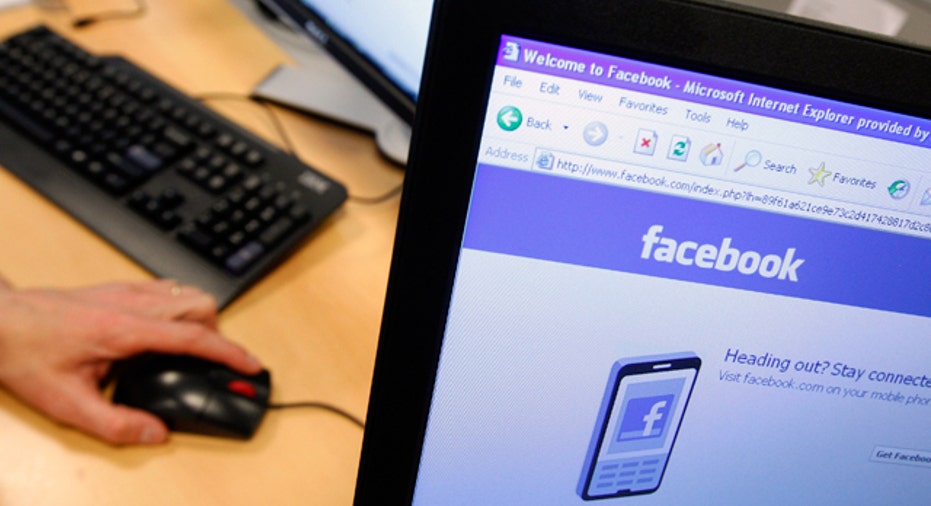Hey, Corporate America, Listen to Customers - But Don’t Panic

Where did Netflix and Bank of America go wrong? Maybe they listened to their customers a little too much.
Customer backlash has been behind a number of major decisions being reversed lately -- fueled by a wave of criticism that has flooded the social-media stratosphere.
Social media and the Internet have been revolutionary, opening the door between companies and customers and allowing for a new kind of conversation. That newfound platform has given consumers a voice and allowed companies to react quickly, but it has also been the culprit behind some recent corporate headaches.
That’s because negative feedback expressed through social sites sometimes pressures companies to panic or reverse major decisions, painting the company as unsure of its own branding strategies.
Netflix (NASDAQ:NFLX), for instance, lost almost a million customers in just a few months after raising prices and splitting its services, only to pull back Qwikster weeks later.
Even after backpedaling, shareholders seemed largely unimpressed. The company’s stock price is still down 71% from an all-time high in July and negative feedback continues to swirl the web.
“Everyone is into this touchy, ‘Oh, the consumer should own your brand’” - no, you should own your brand,” branding guru Rob Frankel said. “If you don’t lead them they will lead you.”
Meanwhile, Bank of America (NYSE:BAC) also seemed to underestimate the potential influence of social media and the importance of having a brand strategy. The nation’s biggest bank ended up having to deflect angry sentiment after abruptly announcing a $5 monthly fee for debit card purchases, before trashing the idea weeks later.
“Companies shouldn’t let the public bully them but use [negative sentiment] to look at themselves and make a more attractive company.”
BofA’s ability to listen to customers and quickly reverse the fee may have saved it from worse repercussions. However, Frankel says that’s still no excuse.
“Brands don’t need to be authoritarian, but they need to be authoritative because customers need to know that they know what they’re doing,” Frankel said.
Companies must have a specific branding strategy so they are aware of all potential consequences and don’t end up stumbling over their feet, or even worse, making another major decision under intense consumer pressure.
“Companies shouldn’t let the public bully them but use [negative sentiment] to look at themselves and make a more attractive company,” said social media expert Robert Wright.
A company caving to customers too quickly is similar to a parent constantly picking up a screaming child – eventually the kid is going to associate yelling with swaddling and the parent will have abdicated their authority, Frankel said.
“If you don’t have a brand strategy that outlines what you are and what you aren’t, you have no parameters or compass to guide you in your decisions,” he said. “[Customers] will follow, but only if you lead them.”
John Havens, who recently wrote a book called “Tactical Transparency: How Leaders Can Leverage Social Media to Maximize Value and Build Their Brand,” says companies should have a “crisis protocol” set up so they aren’t “ambushed.”
“There is power in transparency, and I don’t mean just disclosure,” Havens said at a recent social media conference hosted by the iBreakfast series.
JetBlue (NASDAQ:JBLU), for example, was one of the first companies to post a video apology after a blizzard on Valentine’s Day in 2007 left hundreds of passenger stranded on planes, some for as long as 10 hours. While the operational disaster forced the company to cancel more than a thousand flights in a week and tarnished its reputation as a prime discount airliner, many saw the public apology as heartfelt and human.
But it wasn’t just the apology that helped restore the company’s financial stability, it was also the carrier’s bold restoration campaign in the aftermath. JetBlue launched the “JetBlue Airways Customer Bill of Rights,” a radical move that promised to compensate customers for tarmac and other delays.
Companies “think saying, ‘Hey, we screwed up,’ is enough,” said Havens, who serves as executive vice president of web-based creative competition platform Yoxi. “It’s not; [they also] have to make a promise to improve it.”
Wright, who runs a web site called Mr. Web Guru, said that when companies make mistakes, they need to be willing to make certain concessions.
Companies need to be able to say; “Hey, we hear your voice. We’re rolling back prices a little bit – and also here is something for you for contacting us and letting us hear about the problem,” he said.
“That’s probably more powerful than whatever ticked them off,” he said.



















